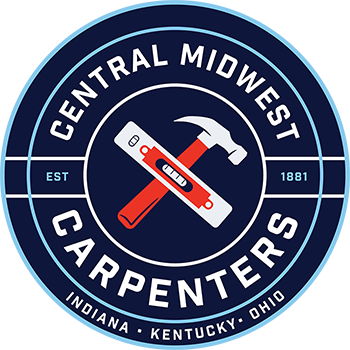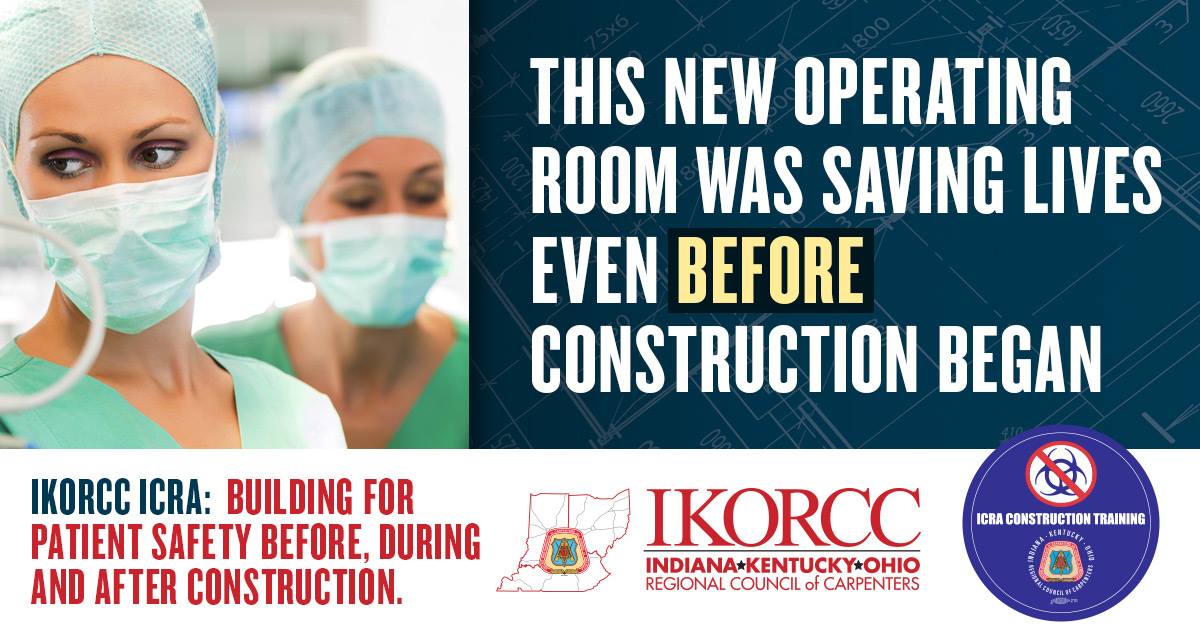GETTING GOLDEN RECOGNITION
Allan Bramlett was recently recognized with a gold card for 50 years of membership and service to the Brotherhood of Carpenters, Muncie Carpenters Local 1016. That service area includes Henry County.
Local Rep. Roy Loveless was in town recently to congratulate Bramlett on the milestone. The recognition was anything but routine for Loveless. “Allan’s been a mentor to numerous people,” said Loveless, adding that Bramlett got him his first job. “He gave me my start. I wouldn’t be where I am today without him.”
A New Castle resident since 2001, Bramlett continues to be involved in the community. He has an extensive list of memberships and service work in Delaware County in carpenters’ related organizations as well as business and community organizations.
At 75, his Henry County involvements include Board member of the Henry County Visitors Bureau, board member of Henry County Economic Development Corp., Vice Chair of Henry County Democrat Central Committee and Treasurer of Henry County Democrat Club.
He was a journeyman carpenter with the United Brotherhood of Carpenters in the Muncie area from 1966-75; business representative of United Brotherhood of Carpenters, Eastern Indiana Area, from 1975-98; campaign manager for Congressional Candidate, District 2 Indiana from April through December of 1998; interim director of the Muncie Urban Enterprise Association from 1999-2003 and Building Trades Coordinator for B.E.S.T. through Ball State University, 1999-2003.
As business rep, he had more than 400 members. His task was to secure jobs for those in the nine counties he represented and to place carpenters and negotiate contracts.
“The fulfillment is securing decent working conditions and benefits for those people you represent,” says Bramlett.
He says of his career, “It’s been rewarding. I’ve made a good living, gotten along well with membership and people in general. It’s rewarding to secure jobs for people.”
When he hired in, Bramlett’s hourly salary was $3.15 in 1966. In 1998 when he retired, a journeyman’s wage was $19 an hour.
Bramlett is married to Betty J. Bramlett and they have four children, nine grandchildren and one great-grandchild. His wife is a Henry County native.

![NC_cashpile_mezzn[1]](https://lintvwwlp.files.wordpress.com/2015/09/nc_cashpile_mezzn1.jpg?w=640)








